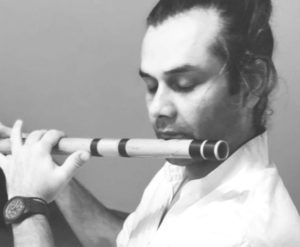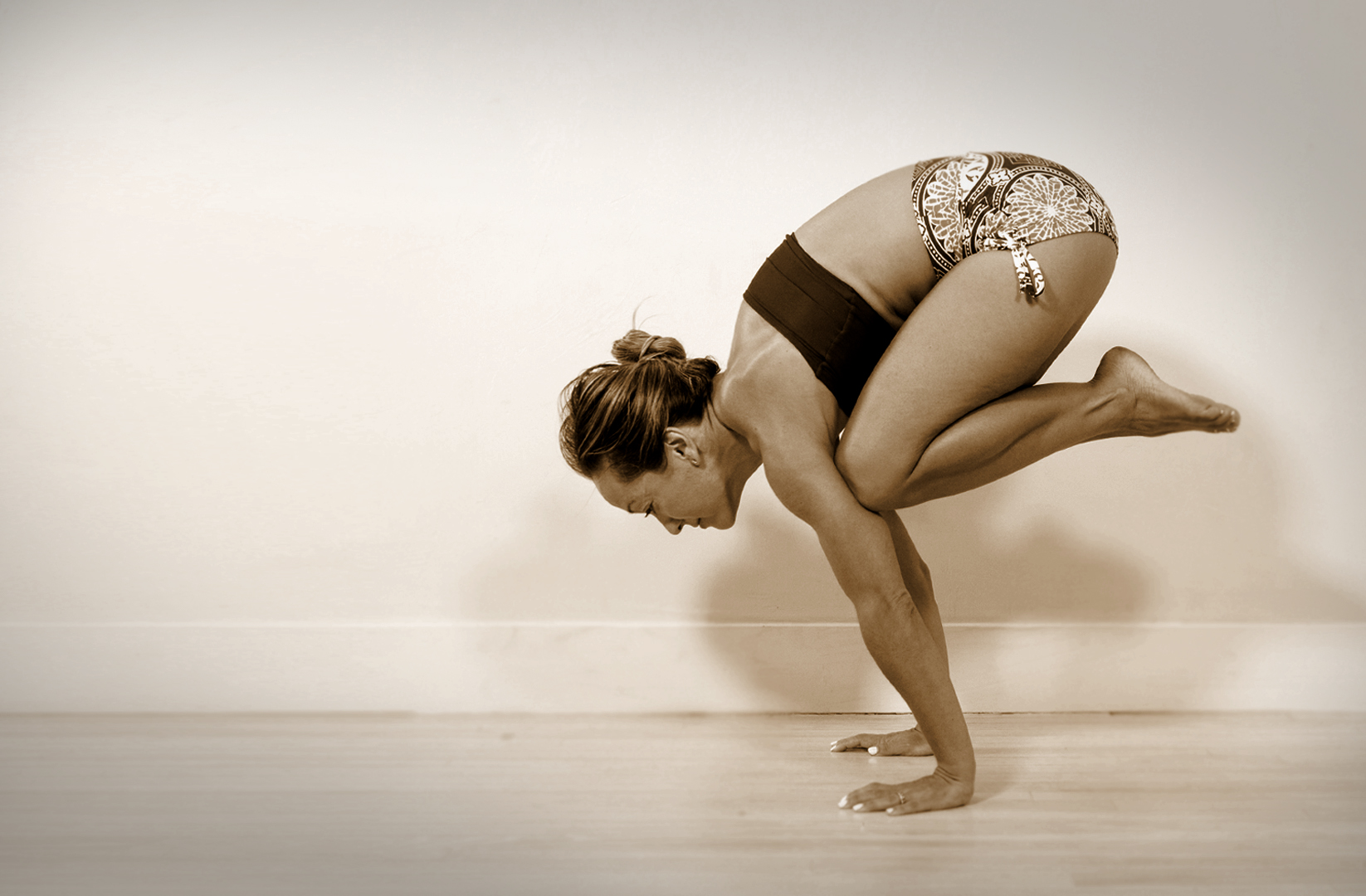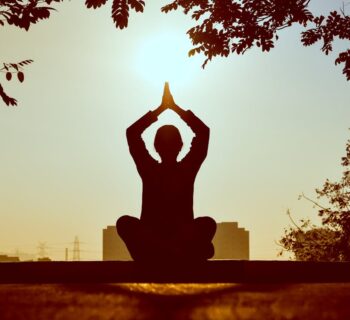Bakasana or the crane pose calms the nervous system while one attempts to stay in the posture with hands placed on the floor and the knees placed in the armpits with gaze fixed at the tip of the nose. The composure of a crane that is focused on fishing for food in water is what helped Yudhishthira the Pandava King to save the lives of his four brothers.
The Mahabharata one of the Sanskrit epics narrates the story of Pandava brothers who were exiled to forest for twelve years. The banished King Yudhishthira, eldest of the five brothers led his brothers to the forest. After having walked several miles the brothers were thirty and tired. Yudhishthira sent one of his brothers to look for a lake and fetch water for everyone. Hours passed by but the brother did not return. He sent his other two brothers to search for the missing brother, but they did not return too, Yudhishthira was worried and set out to look for the missing brothers with his last remaining brother. After a while the brother asked Yudhishthira to wait under the shade of the tree again since he had spotted a lake nearby and was sure that the other three brothers would be at the lake. The last of the remaining brothers too went towards the lake. Yudhishthira waited and waited under the tree but the brother did not come back. Now Yudhishthira was very anxious as all his four brothers were missing.
He set out again looking for the lake hoping to find his brothers, after sometime he reached the lake which lot of cranes in it fishing for food. And was shocked to see his four brothers lying unconscious near the lake. Yudhishthira rushed to get some water from the lake to sprinkle on them, as he was about to touch the water ‘Yaksha’, the water spirit appeared in front of him in a form of a crane and warned him not to the touch the water of his much-loved lake without permission and having answered all his questions correctly, or else he too would be poisoned to death just like his four brothers who did not pay heed to Yaksha’s conditions.
At that moment Yudhishthira kept his nerves together knowing that he had to remain calm because only ‘Yaksha’ the powerful water spirit could bring his brothers back to life. With his hands folded in reverence for the water spirit he agreed to answer all of Yaksha’s questions.
Yaksha asked his first question, “What is faster than the Wind?”
“Mind is faster than wind,” replied Yudhishthira.
“What is true cleansing?” questioned Yaksha again.
“Cleansing of the mind is true cleansing,” replied Yudhishthira.
“What is true religion?” asked Yasksha.
“Charity is true religion,” came the answer from Yudhishthira.
“Where do religion, success, heaven and happiness resides?” Yaksha asked.
“Religion resides in awareness, success resides in charity, heaven resides in truth and happiness resides in self-restraint,” Yudhishthira replied with his hands folded.
“Who is truly happy?” asked Yaksha
“One who has no debt is truly happy,” said Yudhishthira.
“What makes one loveable and wealthy?” The water spirit asked the Pandava King Yudhishthira.
“Pride when renounced makes one loveable and desire for more, when renounced makes one wealthy,” replied Yudhishthira.
“What is correct path of life?,” asked Yaksha again.
“The true path is the path of Dharma (righteousness) where one makes constant efforts to know oneself, living in gratitude and associating with learned teachers,” was Yudhishthira’s reply.
Yaksha was pleased with Yudhishthira’s answers and granted him the permission to use water from the lake and also revived the four brothers.
This conversation between King Yudhishthira and Yaksha in form of questions and answers shows us a way to lead a yogic life which emphasizes moderation in everything we do, maintaining a sense of balance in all aspects of life. All our thoughts and actions are to be guided by self-restraint and gratitude for harmonious living.
King Yudhishthira in spite of seeing his four brothers poisoned to death by Yaksha did not lose his calm and attended to the situation by keeping his emotions in control. The bakasana is not only symbolic for a life of equanimity and balance, but also helps achieving metal steadfastness and focus like that of a crane in water.
By Ankur Tunaak

Ankur Tunaak has been an Ashtanga yoga practitioner for over a decade, studied with Shree M. Vishwanath who was one of the first students and nephew of Shree Pathabhi Jois. Also, an alumnus of Bihar School Of Yoga, one of four premier Yogic Studies Institutions in India. Ankur is a storyteller and photographer, currently teaching yoga in New Delhi, India. Portrait photography by Ankur Tunaak.









